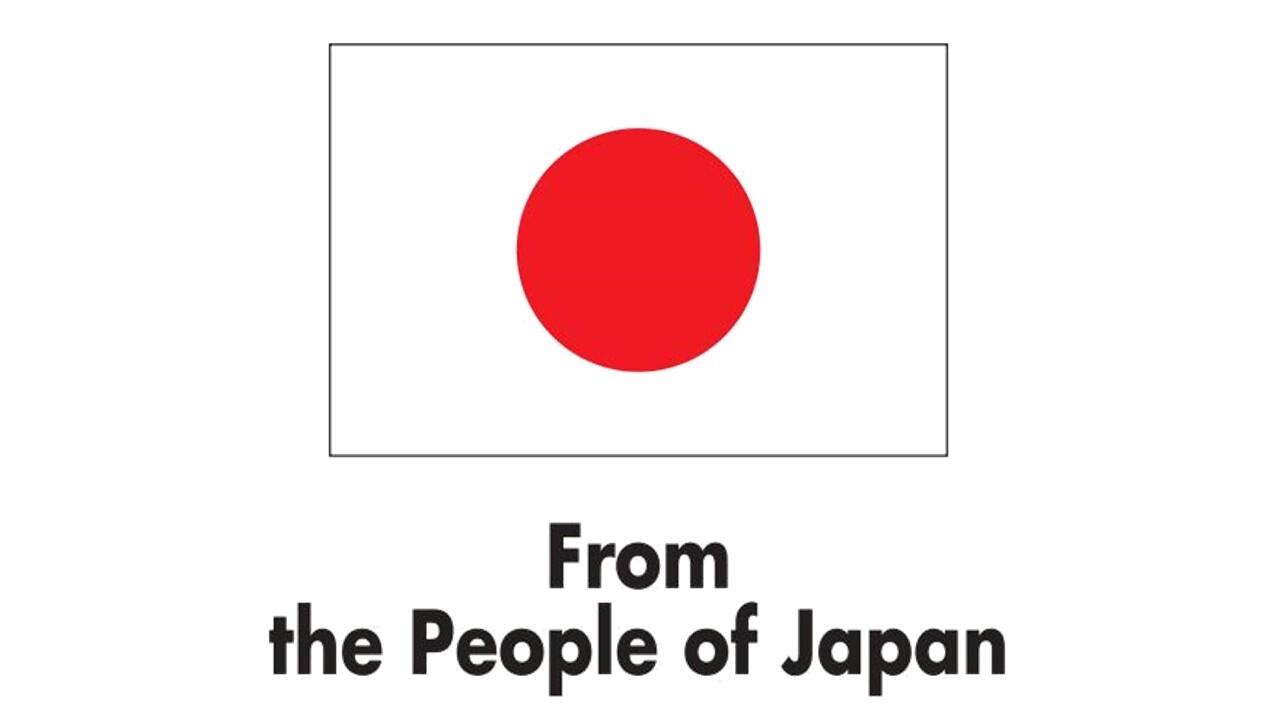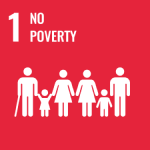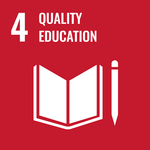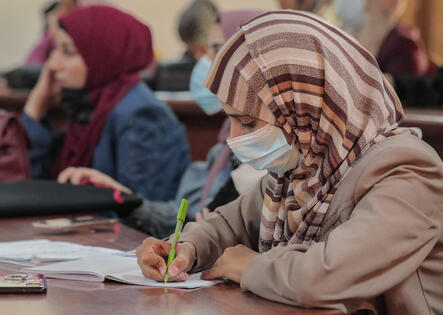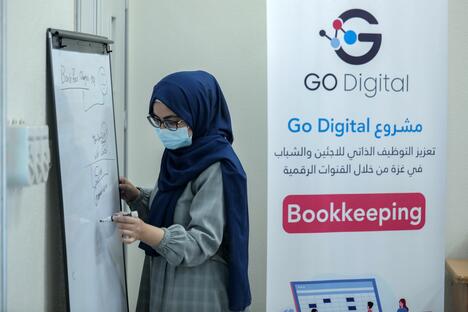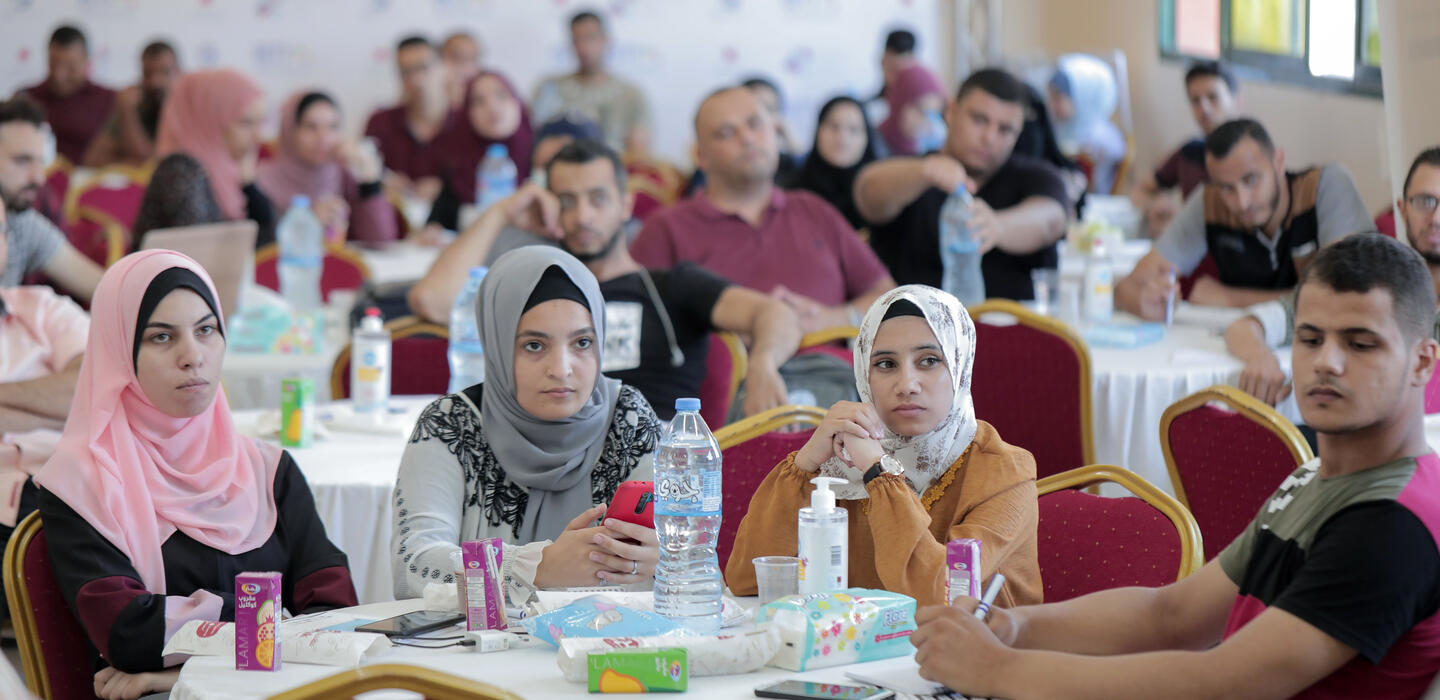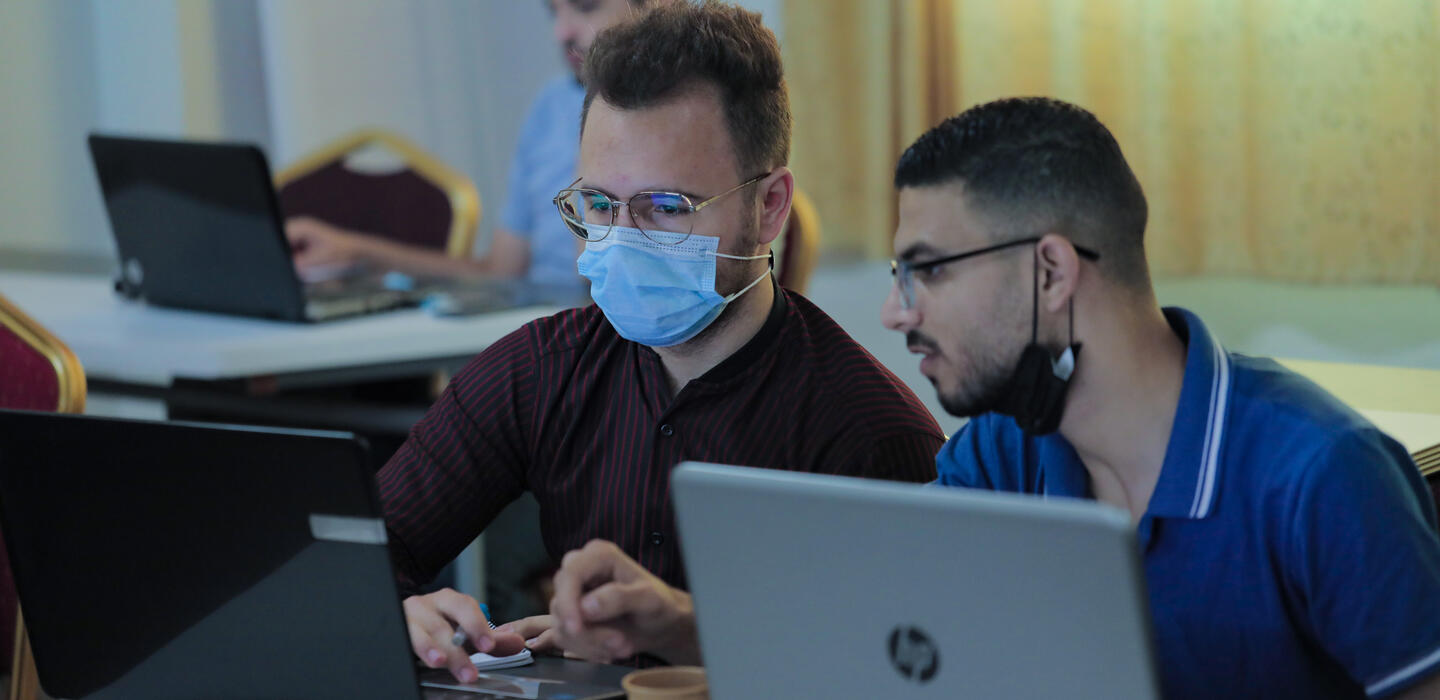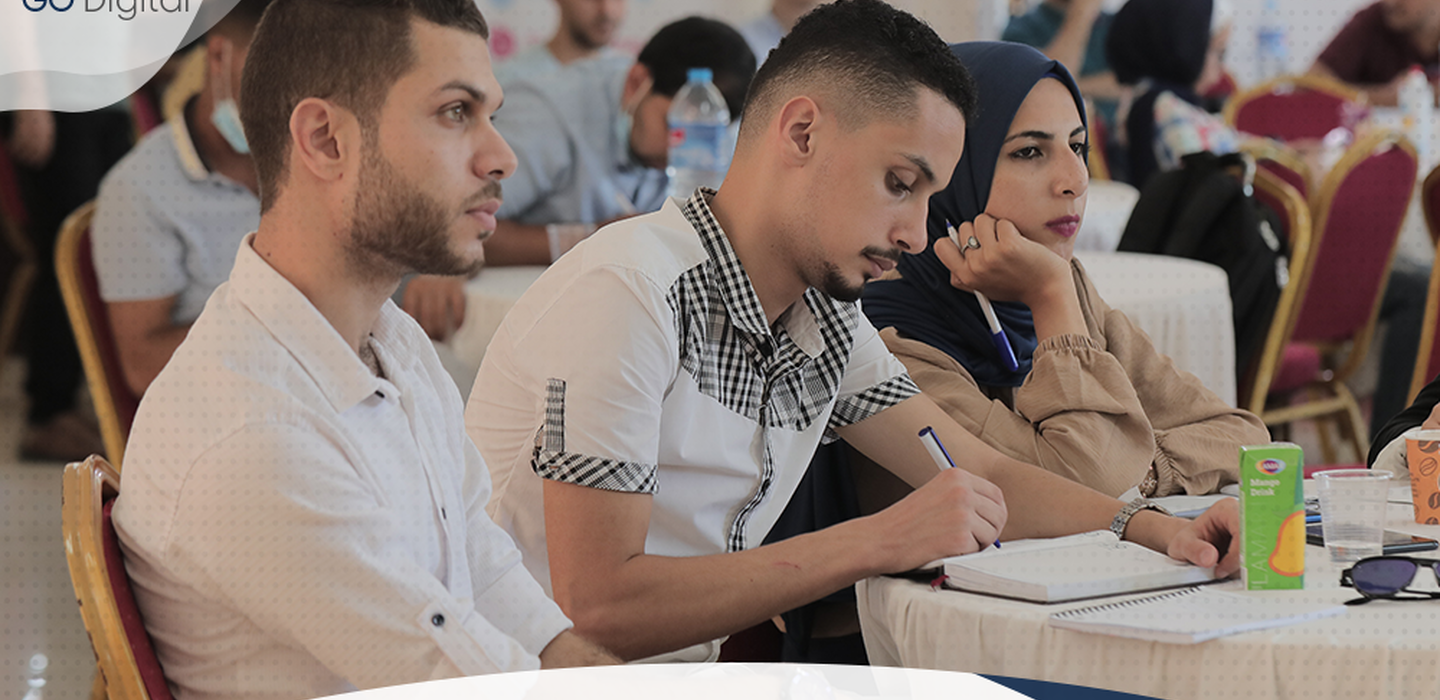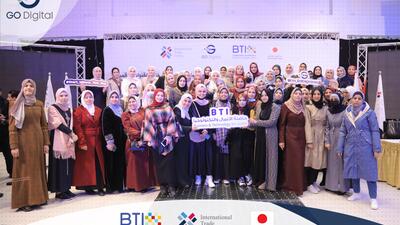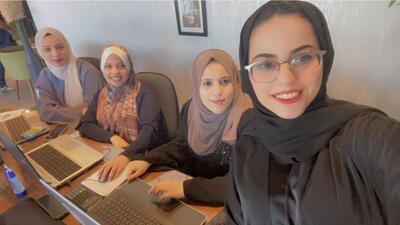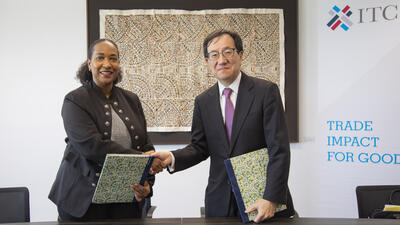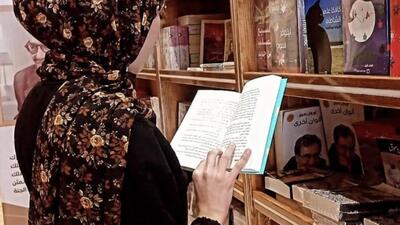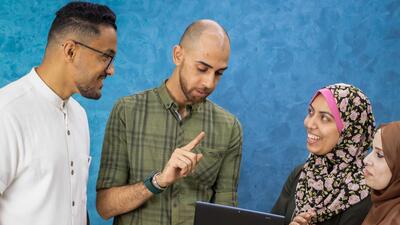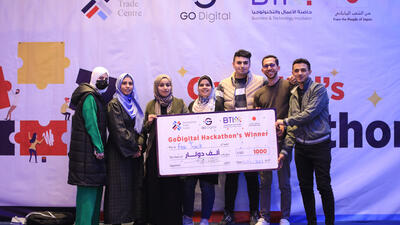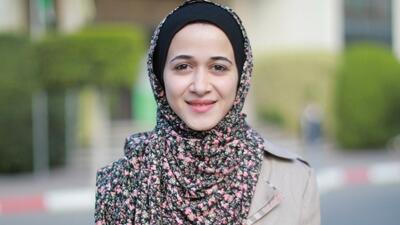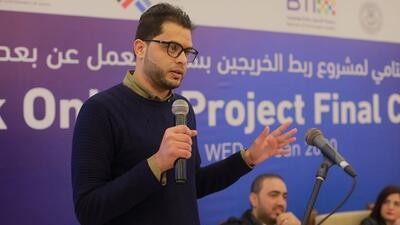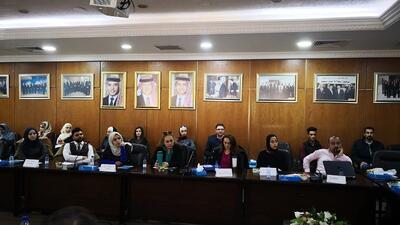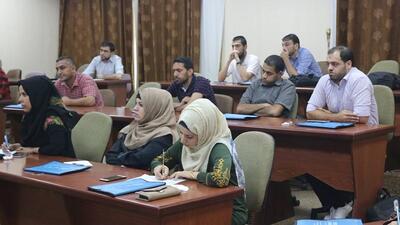
State of Palestine: Enhancing self-employment of refugees and youth in Gaza through digital channels
Overview
Summary
The Gazan population continues to suffer from longstanding Israeli occupation and poor socioeconomic conditions. In the past decade, the Gaza Strip experienced three wars; these left many people internally displaced. Moreover, like elsewhere, the COVID-19 pandemic has brought a negative shock to Palestinian socioeconomic development, putting at risk public welfare, employment and livelihoods, leading to more poverty, no food security and social cohesion. Living conditions were already difficult in Gaza, with every second person there living below the poverty line before the Covid-19 crisis.
Through its theory of change, this project helps unlock the potential of refugees, youth, local communities and SMEs in the Gaza Strip to improve their livelihoods and economic conditions. In doing so, the project contributes to social stability and provides support in responding to the COVID-19 pandemic. It does so by supporting employment and enhancing the employability of women and youth, including refugees and internally displaced people. The project focuses on freelancing skills and self-employment, as investing in this sector is an effective way to boost the Gazan economy, considering the complicated political context and the de facto lack of Gazan control over the borders and the implications of the pandemic.
Partners
Sustainable Development Goals
Go Digital: opening doors for young Gazans
Digital technologies offer Gazan youth, women, and displaced people new work opportunities, opening the door to international markets and needed income.
Organizations and companies across the world are powering up their digital capabilities. ITC’s project is helping Gazans take advantage of this growing marketplace.
This is a crucial step for a population that has experienced multiple cycles of violence as well as the COVID-19 pandemic, resulting in more poverty, less food security and increased economic vulnerability.
In previous project phases, 125 youth, including 84 women, managed online transactions and sales, sold high-quality services through digital marketplaces, secured sales of almost $80,000, and formed two freelance agencies.
Our current phase III will improve the technical and digital skills of youth, boost the ability of educational services to produce online curricula, and bolster the digital capacity of entrepreneurs.
Visit Go Digital's website.
The project provides technical training on translation, SEO, bookkeeping, mobile app development (react.Js), web development (WordPress), and UI/UX (Flutter).
The project provides technical training and incubation support for entrepreneurs as well as business linkages with potential business partners across the globe.
The project will also build the capacity of graduates of schools of education to develop and deliver quality professional online learning courses by integrating modern pedagogy and web-based technology.
We are building the capacity of institutions to make an impact on the local and global innovation ecosystems. This includes vocational training programmes, connecting members to commercial opportunities and reaching out to and integrating entrepreneurs in their networks.
We are providing targeted business support services such as ITC’s Trade Accelerator model, which is a framework to support entrepreneurs in partnership with local partners to improve the performance and growth of new businesses.
We are offering technical and vocational training to a selected group of youth in the use of digital channels as an innovative way to connect with clients, gain jobs and access new markets.
We are creating linkages between local small and medium-sized enterprises (SMEs) and students from the digital marketing course. Students will provide online marketing support to SMEs and start-ups.





